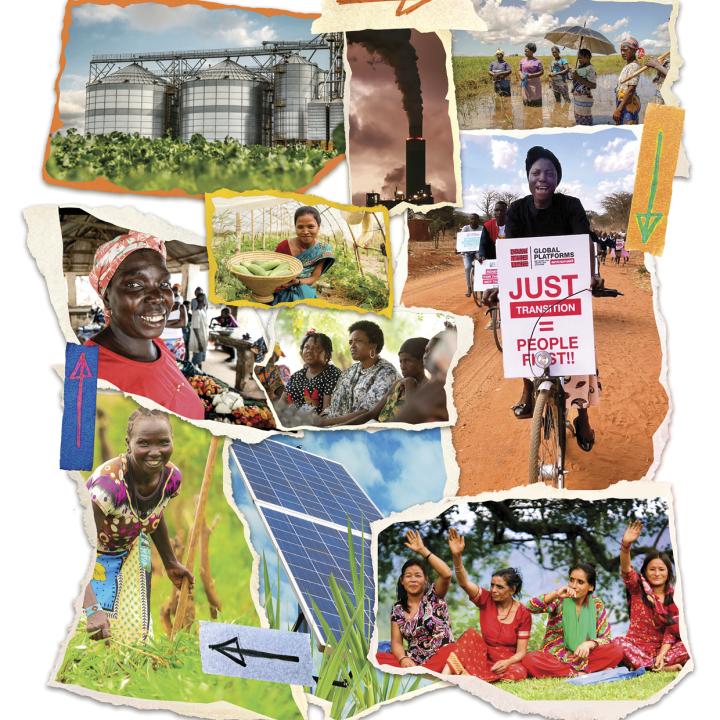A new report by ActionAid International has revealed a troubling gap in global climate financing, showing that only 2.8% of funds are dedicated to supporting a “just transition” for workers, women, and vulnerable communities as economies shift toward cleaner energy.
The report, titled “Climate Finance for a Just Transition: How the Finance Flows,” analyzed investments from the world’s two largest climate financing institutions—the Green Climate Fund (GCF) and the Climate Investment Funds (CIF).
According to a press release sighted by A1 Radio, only 1.96% of climate projects support critical social and economic protections such as worker retraining, livelihood support, and strengthened community resilience.
This means that just one out of every 35 dollars allocated to climate action directly reaches the people most affected by environmental and economic disruptions, leaving millions exposed to deepening inequality and worsening climate impacts.
ActionAid warns that without a people-centered approach, global efforts to phase out fossil fuels and industrial agriculture could further trap frontline communities in poverty.
“The world urgently needs action to prevent climate breakdown, but it should be the polluters—not workers and communities—who pay the price,” said Arthur Larok, Secretary-General of ActionAid International.
He stressed that excluding people from climate strategies will only exacerbate global inequality.
Report author and ActionAid Global Lead on Climate Justice, Teresa Anderson, emphasized that economic transition must not abandon ordinary workers.
No one should have to choose between a secure job and a safe planet. Without just transition approaches, climate action risks causing harm, backlash, and dangerous delays,” she said.
Ghana’s Reality: Fairness Must Drive Climate Action
Ghana’s economy—heavily reliant on agriculture and mining—remains highly vulnerable to climate shocks. Communities in the Northern, Upper East, Upper West, and parts of the Ashanti Region are already grappling with droughts, crop failures, food insecurity, and the destructive effects of illegal mining.
Country Director of ActionAid Ghana, John Nkaw, underscored the urgency of fair climate financing.
“A just transition for Ghana means investing in renewable energy, agroecology, and green jobs that protect people’s livelihoods. Climate finance must deliver fairness, justice, and secure futures for our people,” he said.
Nkaw warned that without equitable financing models, vulnerable families—especially women and youth—risk being pushed deeper into poverty.
Global South and Amazon Call for Action
The report also draws attention to similar challenges in Brazil’s Amazon, where industrial agriculture and deforestation are displacing indigenous communities. Jessica Siviero of ActionAid Brazil highlighted agroecology as a key tool for protecting livelihoods and ecosystems.
Ahead of COP30, set to take place next week in Belém, Brazil, ActionAid is calling for the establishment of a “Belém Action Mechanism” to coordinate a global just transition.
The organization is urging world leaders to commit to climate financing that not only reduces emissions but also protects rights, livelihoods, and human dignity.
Source: a1radioonline.com|101.1Mhz|Moses Apiah|Bolgatanga


